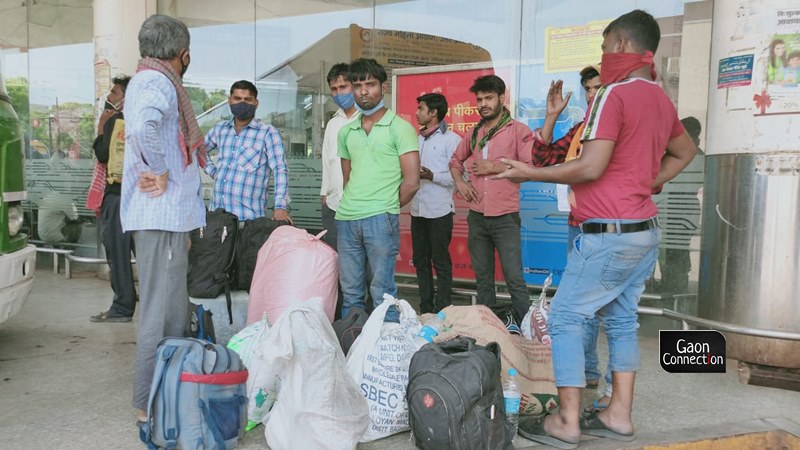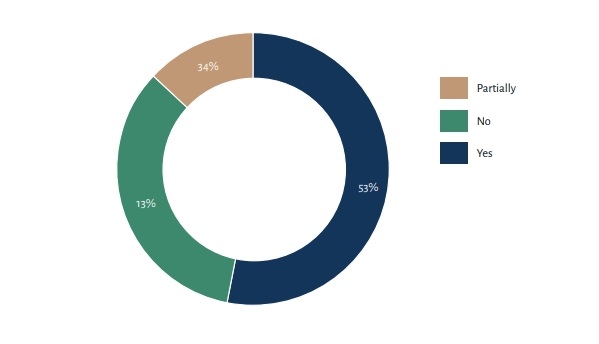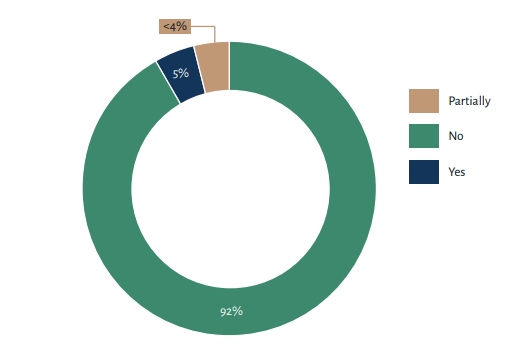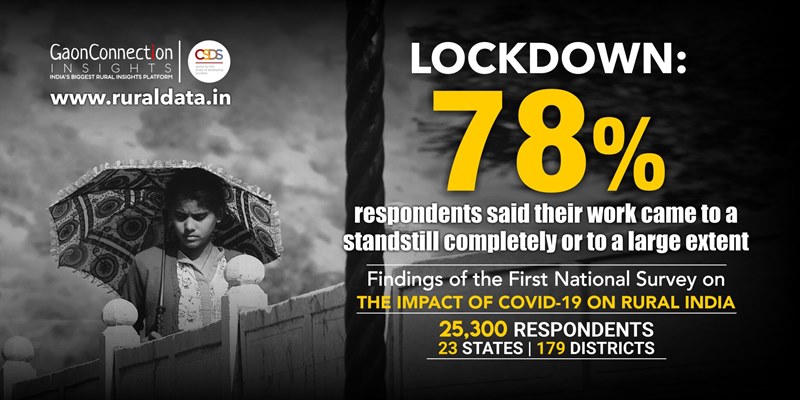‘Almost 50% informal workers didn’t receive full wages in the second wave lockdowns’
Over 47% of the workers did not receive their full wages after COVID restrictions were announced in several states of India. Nearly 60 per cent had only two days of ration left, shows an analysis of 8,023 calls received on a phone helpline for informal sector workers.


Migrant workers going back to their homes during COVID lockdowns announced this year. Photo: Gaon Connection
After COVID19 induced lockdowns and restrictions were imposed this year, nearly half (47 per cent) of informal workers did not receive their full wages or were paid only partial wages. Wages apart, 57 per cent of these workers had less than two days of rations left.
These are findings of a recent report released by Stranded Workers Action Network (SWAN), a voluntary effort to mobilise relief for stranded migrant workers. On April 21, this voluntary group started a helpline for unorganised sector workers. In the month of May alone, it received calls from 8,023 workers requesting for ration support, medical assistance, transport help, rent, and other basic needs.
Based on these interactions, followed by detailed interviews, SWAN found that 47 per cent workers did not receive their full wages in the corona restrictions and lockdowns due to the second wave. The report also notes that of the 47 per cent respondent workers who did not receive their wages, almost 34 per cent had not been paid their pending wages, while 13 per cent received partial wages.
Slightly more than half the people (4,800) who contacted the helpline were women and children. The report titled ‘No Country for Workers’ published today June 16 highlighted hardships experienced by migrant and informal workers during the second wave of the pandemic.

Only 8% workers received financial support
The effects of the restrictions in economic activity and the lack of any social security safeguards have hit the migrant and informal sector workers the hardest, notes the SWAN report.
On being asked if the helpline callers had received any monetary support beyond their regular wages from the employers, 92 per cent of workers said they did not receive any financial aid once restrictions were imposed and work was stopped due to the lockdown.
Only eight per cent respondents said they had received aid from their employer even after the work had stopped.

These workers also reported facing food shortage due to the lockdown and loss of work. Over 57 per cent respondents had less than two days of rations left when they were interviewed, informs the report.
The report underlines low levels of income and earnings of informal workers, increasing levels of indebtedness, the struggles of survival in the city, lack of access to basic healthcare, and the additional set of concerns with returning to life in the villages.
Gaon Connection Survey
Last summer, Gaon Connection, India’s biggest rural communications and insights platform, conducted a nationwide survey across 20 states and three union territories.
The survey found eight out of 10 people did not have any work during the lockdown last year. The livelihood of 78 per cent of respondents was affected to a great degree. At least 92 per cent of rural poor households faced difficulty in accessing food during the lockdown.

Also Read: 80% rural respondents said their work was affected due to the lockdown

